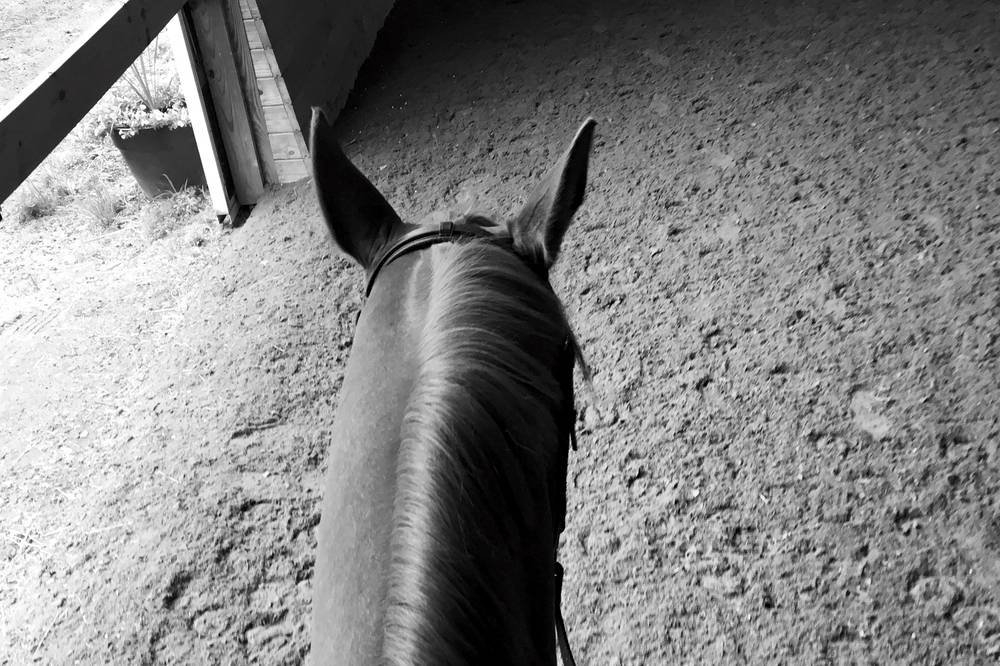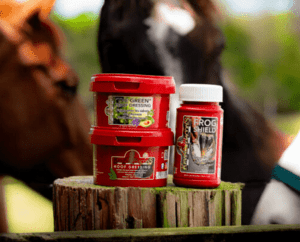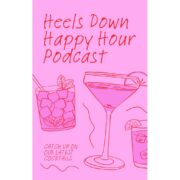Riding And Living With Multiple Sclerosis: "I'll Adapt"

No horse person ever wants to think about the worst-case scenarios, those horrible things that could happen and leave us unable to do what we love more —like be on the back of a horse.
After riding cross-country through Ireland’s infamous sheep pastures while only being able to see out of one eye, I came back to the States and was diagnosed with optic neuritis. An MRI spotted these little lesions in my brain, and I was also diagnosed with relapsing and remitting multiple sclerosis. When that happened, I did the worst thing anyone could ever do in any medical situation they know nothing about — I Googled it.
I was recommended to an MS specialist — a short, blonde lady who had a “no sugarcoating” attitude that I appreciate more than she will ever know. After she examined me I asked her bluntly: “How much longer will I be able to ride?”
“It could be three months or it could be 30 years,” she said. “The sooner we get you on medication, the better off you’ll be.”
Like This Story? Try: What Happens When A Pro Can’t Ride?
Reflecting on this conversation, I am happy that it has now been over four years since my diagnosis and I am still riding. But in that moment, these were the scariest words someone could say to me. How was I supposed to make a plan if I had no timeline?
I had so many goals I wanted to accomplish before I was wheelchair-bound like the people I walked past in the lobby of the doctor’s office. I was angry. In my mind, I started writing sale ads for my horses and rehearsing what I would say to my boyfriend. I threw out dreams of ever owning my own farm, trail riding with my future children, or even of being able to walk down the aisle.
“Stop, right there,” my neurologist said almost as if she were hearing all of the horrible things I was thinking. “Your life isn’t over, it’s just slightly different.”
I was shocked. This wasn’t just bad news. Didn’t she get it? This was my life. If I couldn’t ride what the hell was I supposed to do?
I think about never taking a ride for granted and I always end on a good note. I give myself a break when my body asks me to.
She told me a story of a patient she had who ran marathons, “and he knew by mile 15 he wasn’t going to be able to feel his left leg, but he still kept running. So maybe you can’t see out of your right eye sometimes? So what. The other one works just fine. You’ll adapt.” I laughed for the first time since being diagnosed. I’d never had a doctor tell me to suck it up and stop feeling sorry for myself before, but boy, did I like it.
“Your life isn’t going to change overnight,” she said. “You’ll have to make time for self-injections three days a week, and regular MRIs, but you let me worry about the rest.”
Since then I have graduated from college, ridden horses in the Colorado Rockies, bought a farm with my soon-to-be husband, and started my own colt-breaking and training operation. I’ve fallen off of horses, but I’ve always been able to get back on. It has been an uphill climb — I have experienced migraines and exhaustion like I have never felt before. I have gone half-blind again, but I am so grateful to be where I am, doing what I have dreamed about ever since I took my very first horseback riding lesson, and I will continue to be grateful for these moments, even when they become memories.
Read This Next: I Lost My Grand Prix Horse To Narcolepsy
I still think about the worst-case scenarios, but I try my best to remember that unpredictability is so closely connected to my disease. I know one day I will wake up and not be able to move my legs, but I don’t know whether that day will be tomorrow or 60 years from now — so why waste time worrying?
Instead, I think about never taking a ride for granted and I always end on a good note. I give myself a break when my body asks me to. I enjoy every moment I get to spend with my horses, and I make terribly inappropriate jokes about the inevitable — like when I am forced into a wheelchair, I will drive my horse around my little town in a gold painted, Roman-style (wheel)chariot, smiling and waving.


